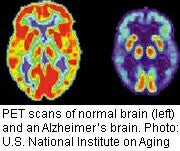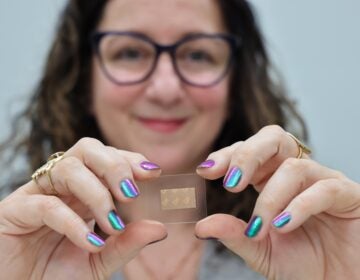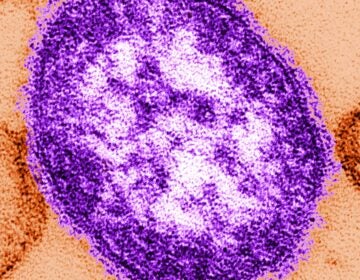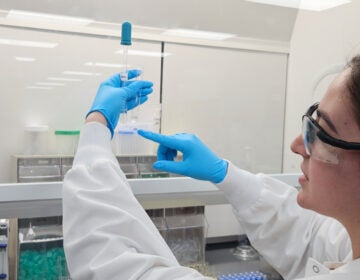What we know about Alzheimer’s disease
ListenOver 5 million Americans suffer from Alzheimer’s and as the baby-boomer generation ages those numbers will increase with one in eight of them expected to be diagnosed with the disease. As a result, more and more families will be overwhelmed with care-giving demands and the cost of care to the health care system, which now is over $183 billion a year, will rise dramatically. While there is no cure, research aimed at diagnosing and treating the disease does show some promise. Last week, reflecting new knowledge about Alzheimer’s, the National Institute of Aging and the Alzheimer’s Association issued revised guidelines that change the way we define it. The recommendations organize Alzheimer’s into three categories — a preclinical phase before symptoms appear, a middle phase when there is a change in cognition which does not impact daily activities, and the third phase when dementia is impeding functioning at work and at home. BARRY ROVNER professor of psychiatry and neurology at Jefferson Medical College at Thomas Jefferson University, and GERARD SCHELLENBERG, geneticist and professor of pathology and laboratory medicine at the University of Pennsylvania School of Medicine, talk with Marty about these new guidelines and recent advances in the diagnosis and treatment of Alzheimer’s disease.
Listen:
[audio: 042511_110630.mp3]
WHYY is your source for fact-based, in-depth journalism and information. As a nonprofit organization, we rely on financial support from readers like you. Please give today.






